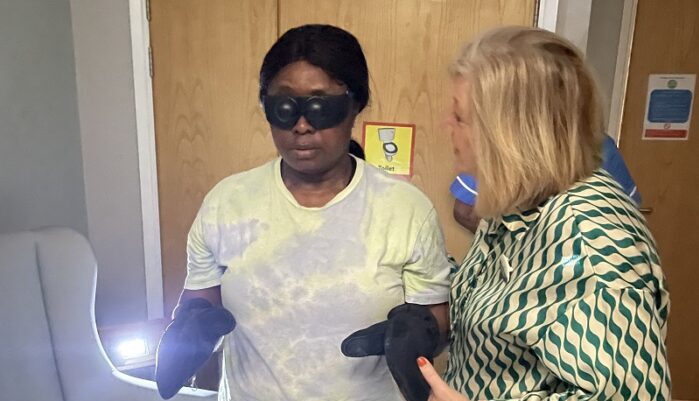Is it time to sell your care business?
Laura Jordan, a partner and head of corporate in the governance, funding and corporate team at law firm, Anthony Collins, offers advice about when your best option is to exit the sector

High costs, staffing shortages and increased public and regulatory scrutiny are pushing more privately-run care homes and other care services providers to breaking point. With many smaller providers struggling to secure the funding they need from local authority and NHS commissioners, knowing when to exit, and the best approach to take, is key.
Selling up has been on the cards for many privately-owned care businesses and their management teams since before the pandemic, but over the past 18 months deal activity has slowed due to high inflation and interest rates. Whereas once, owners might have chosen to put off plans to retire, recent hikes in food and utility costs, and the increase in the National Minimum Wage, have encouraged many to sell up.
The failure of local authorities and integrated care boards to track inflation when commissioning care services has forced many care homeowners and other care services providers into a corner. As a result, they must try to stretch funding to cover the growing cost of providing care services and meet raised staffing costs which they must maintain in order to attract and retain talent. The problem of staff retention is highlighted in the recent Skills for Care data, which shows that despite the overall vacancy rate in the sector falling slightly in 2022/23, 390,000 people chose to leave their roles.
Regardless of how much they manage to secure, simply securing funding from local authority commissioners is becoming more challenging. More councils are issuing section 114 notices, which means they have less money to spend and this is disproportionately affecting smaller providers who lack the strong fee procurement teams of large corporates to negotiate the funding they need.
Service providers are also facing increased public scrutiny of care. Coupled with the pressure of regulatory standards, strained resources and a highly monitored environment, it is becoming tougher to deliver care services, particularly for smaller providers with fewer resources. For example, the roll-out of the Care Quality Commission’s new single assessment framework has been a time-consuming distraction for management teams concerned about how it might affect them, along with an increased expectation for providers to digitalise operations. In fact, by March this year, 80% of CQC-registered providers were expected to have digital social care records. This is in addition to the regulatory pressure for providers to embed digital rostering systems.
Fortunately for care homeowners and other service providers looking to sell, there are plenty of opportunities. Private equity investors have cash to invest, and some recognise the role that they could play in alleviating cost and margin pressures by helping organisations to scale, be that through organic growth, acquisitions or property development. Ongoing demand for care services will also guarantee continued domestic and overseas interest in the UK healthcare market.
However, if providers are to secure any third party investment, early preparation is essential. Buyers and investors are closely considering costs and fee increases, and there is a general recognition that transactions and due diligence are taking longer. To ensure a smooth transaction, providers must consider how realistic it will be to sell their business and set out their goals for the process, such as the target valuation and a post-transaction plan. This should be supported with financial, legal and commercial housekeeping; providing buyers, investors and lenders with up-to-date information will instil confidence and help to keep the transaction on track.
Ahead of the sale, providers should aim to identify and resolve any risk factors that could undermine investor confidence. A key risk for employers in the sector is the incorrect payment of holiday pay or travel expenses, which can lead to non-compliance. It is important that these issues are settled before the sale process gets under way, as this will reduce the need for vendor indemnities. Vendors should also seek tax advice to ensure the business goes to market with a strong fiscal structure. They will need to consider whether the transaction will be structured on the transfer of the business and assets as a going concern, or the purchase of the share capital of the trading company.
When it comes to managing the transaction process, establishing an efficient way of working will limit time spent away from day-to-day business operations. This includes organising how information will be relayed to the buyer and ensuring the buyer complies with data protection requirements. This is likely to involve signing a non-disclosure agreement before any business data is shared. To streamline the post-transaction period, vendors should demonstrate that they have a succession plan and a pre-agreed management team to be on hand to support the transition. Key personnel in this team might include a chief operating officer or commercial director, who should be correctly incentivised with an appropriate financial arrangement.
At a time when many care services businesses are looking to sell, seeking legal advice from a sector specialist will help to identify a suitable investor and smooth the transaction process, ensuring that all due diligence requirements are met in a timely fashion. For any business owner, taking a decision to exit is never easy, but having experts on board to guide the way will bring the best outcome.



